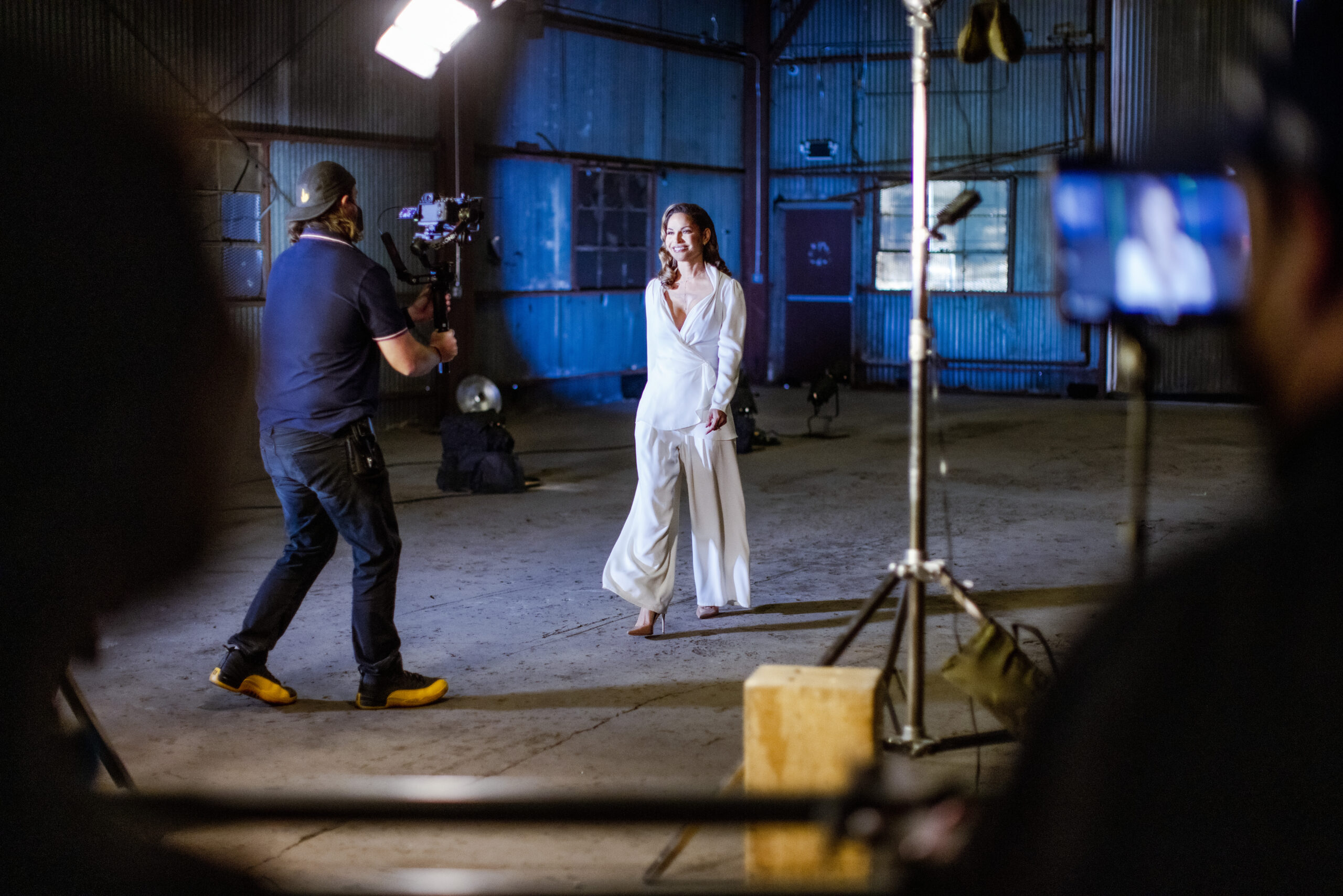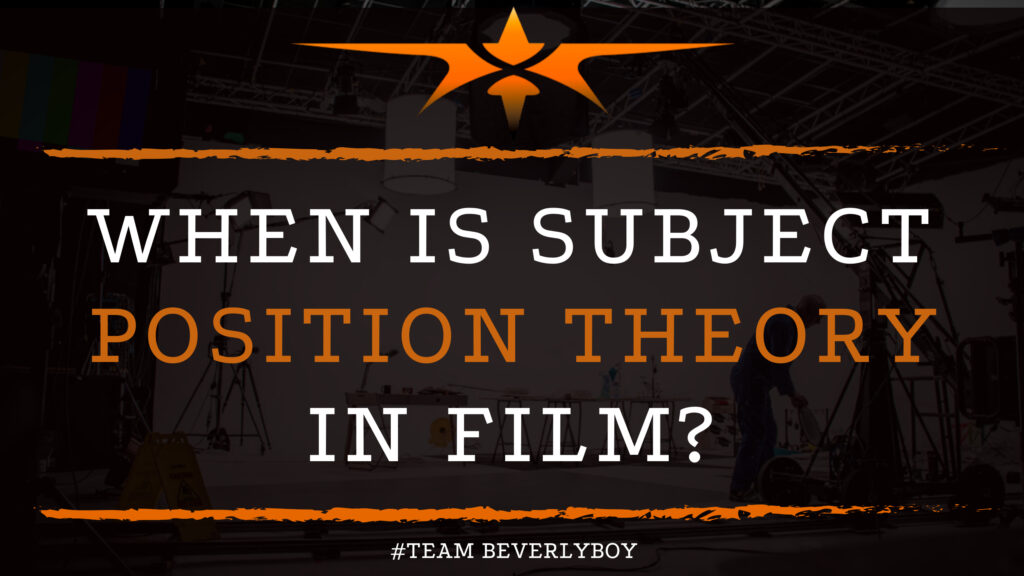What is Subject Position Theory in Film?
The concept of subject position theory in film argues that through the study and application of ideas that are evident from positioning theory we can formulate an explanation as to the interactions made between subjects, particularly as they have positioned themselves within the discourse of conversations and as participants in story lines. By understanding the concept of positioning, and the role in which characters play within a film, subject position theory in film seeks to define the role of language in culture by which subjectivity can be defined as a mental life phase which is formed particularly through relations with language.
What is Subject Position Theory in Film?
According to subject position theory, subjectivity can be regarded as being never fully fixed but rather in process of negotiation and construction at all times. Essentially, subject-positions are formed through discourses in which subjects place themselves in a position from which they are most likely to make sense of the discourse. Thus one can only come to understand a particular discourse by taking a position on the discourse.
Where discourse analysis represents the study of how talk and texts are used to perform actions, the idea of discursive film then would be the application of ideas from discourse analysis to issues in filmmaking. Discourse analysis thus focuses on researching language as it is used in media in relation to its social context with a goal of understanding how language in real life situations affect perception.

Understanding the Concept of Positioning
In order to fully understand the concept of subject position theory in film you must first understand the concept of positioning. Positioning is a term that is used similar to the term “role” in psychology in order to represent where an individual stands from a transitional social psychology perspective. Thus, someone’s role, or positioning, within a story line identifies how they interactive in conversations although the term “role” is generally more congruent than the term positioning.
Where role would represent a distinct, fixed or otherwise static notion of the self, the term positioning stands to provide greater room for subtle and complex aspects of interaction which take place in film. According to scientists, subject positioning can be defined as: “a subject position incorporates both a conceptual repertoire and a location for persons within the structure of rights for those that use that repertoire.” But what does this mean in layman’s terms?
It means that once an individual takes up a position as their own, they essentially view the world through a particular vantage point that is that of the position and terms of which are specific to their positioning. Thus images, metaphors, storylines and concepts which are relevant within the discursive practice in which they are positioned are seen in a particular manner by the individual based on their positioning or stance on those topics from their mindset. Thus because there are a number of contradictory discursive practices from which each individual could engage, the outcome is that in which there is inevitably a possibility of notional choice.
Subject position theory thus argues that once an individual has a particular interpretation of the world from their positioning they are influenced in all categories of learning including the notion of male/female, father/daughter, wife not husband, good wife not bad wife, etc. The self thus would recognize oneself as belonging psychologically and emotionally to a particular position that is adopted by committing their world view that is most associated or relevant to that category.

How Subject Position Theory in Film Applies to Subjective Cinema
Subjective cinema represents the influences of a character with emphasis on the perspective of the character and understanding that will lead to a particular one sided view of the entire event or scene. Thus subject position theory in film results in our applying particular elements of our own positioning as a subject to the story lines, characters, and scenes that we experience. Films are experienced differently based on the subject positioning of the spectator.
Knowledge and power are just a few of the means in which subject position theory is defined. Discourse, perspective, point of view and paradigm are equally important terms that relate to the subject positioning theory as it applies to film. Each individual has their own positioning, or perspective, on cinema and therefore will experience a film in a particular way largely based on their own internal views and understanding or subjectivation.
So what is the subject position theory of film and how does it apply? Subject position theory describes the relationship between oneself as they have defined their identity in a particular position, particular in regards to discourse, and the meanings, power and regulations that result when a viewer thus becomes subject to specific discourse in a film. This results in the viewer becoming the subject, such that they perceive or have a set perspective or position on the story line that is based on their own internal processes.
We therefore interpret underlying messages in film, the ideology, based upon our own positioning and the meanings that we are most likely to relate with. Subject positioning in film thus creates discourse and subjectivation.

